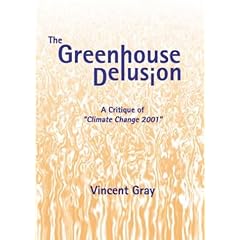 Check of the Irish
Check of the Irish
Editorial
Pronunciation:
\ˈnō\
Function: adverb
Etymology: Middle English, from Old English nā, from ne not + ā always; akin to Old Norse & Old High German ne not, Latin ne-, Greek nē- — more at aye
Date: before 12th century
>2: in no respect or degree —used in comparisons
 The sky over Europe is not falling. That's the bottom line of Ireland's rejection Thursday of the Lisbon Treaty.
The sky over Europe is not falling. That's the bottom line of Ireland's rejection Thursday of the Lisbon Treaty.
In the runup to Thursday, Mr. Barroso announced with much drama that "There is no Plan B," warning of "a very negative effect for the European Union" before an audience at the European Policy Center, as if he meant it. This, it turns out, was bluster. Now he says: "I believe the treaty is alive and we should now try to find a solution."
 Mr. Barroso wants Ireland to resubmit the treaty for a vote once its opt-out clauses are in order. The approach suggests a belief that a treaty that fails its only popular vote faces no questions of mandate or long-term viability. The willful obtuseness here is the real danger to the EU's prospects.
Mr. Barroso wants Ireland to resubmit the treaty for a vote once its opt-out clauses are in order. The approach suggests a belief that a treaty that fails its only popular vote faces no questions of mandate or long-term viability. The willful obtuseness here is the real danger to the EU's prospects. Any political institution that aims for longevity must develop a healthy respect for the public will. The best ones are grounded in it. The sad truth of the EU is that its leadership has never been willing to do this. It openly disdains "the rabble." Mr. Barroso and allies try to avoid public input wherever possible, conducting end-runs around non-elite checks on their authority. They failed to learn the lessons of France and the Netherlands three years ago. This week they fail yet again.
The EU will survive, as will the integrated European economy. The real casualties this week are the credibility of those who made the direst of predictions on Wednesday but little more than 24 hours later were found pledging to carry on as if nothing had happened.





